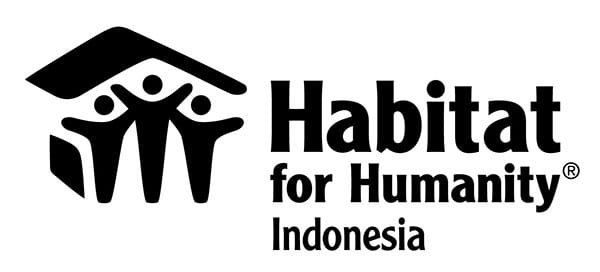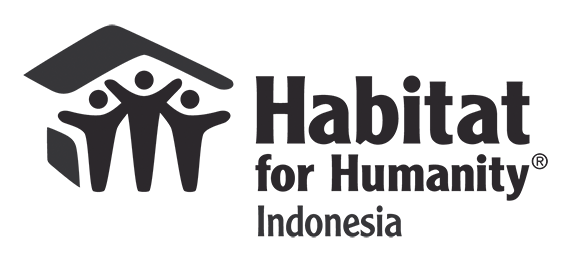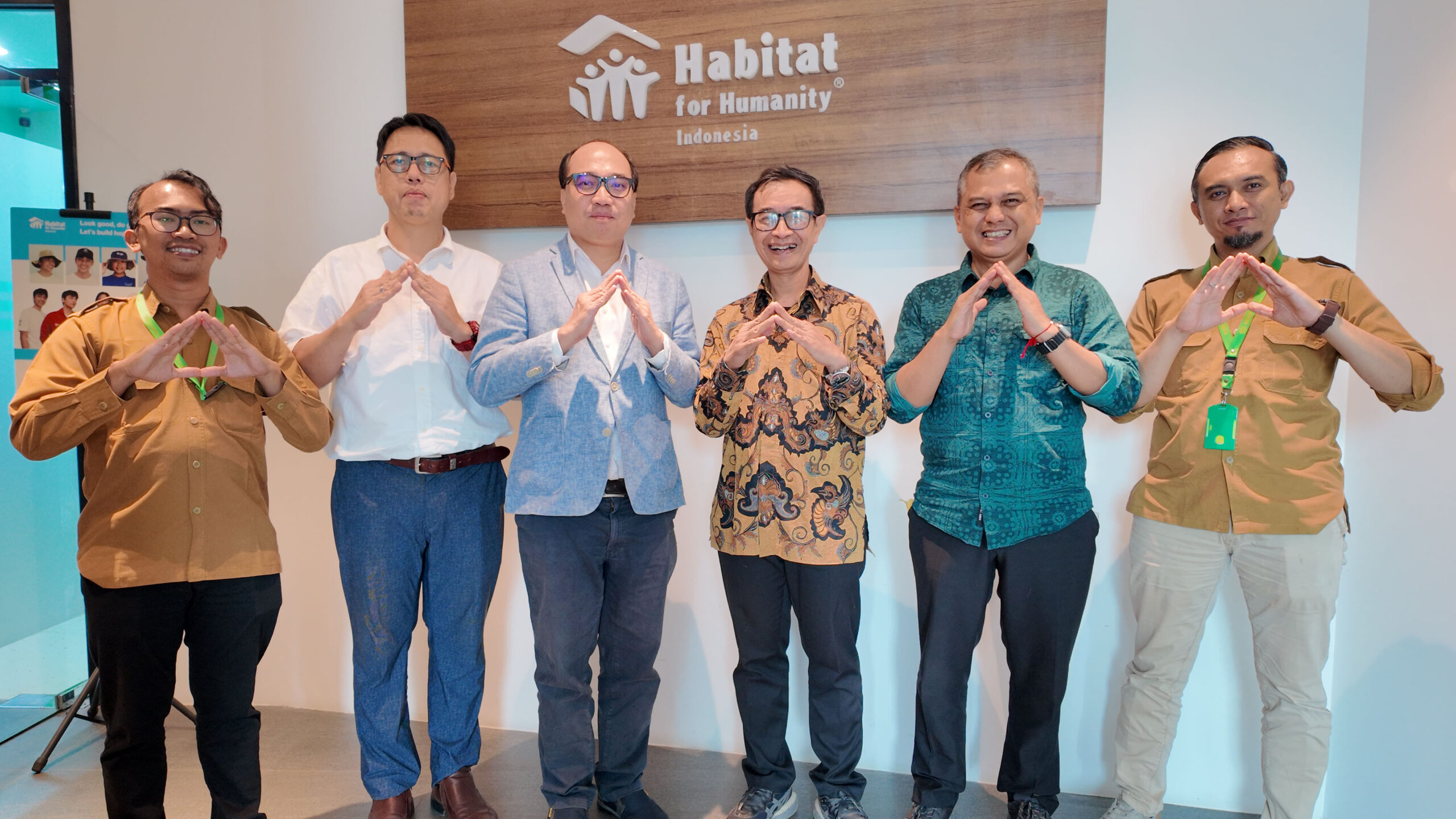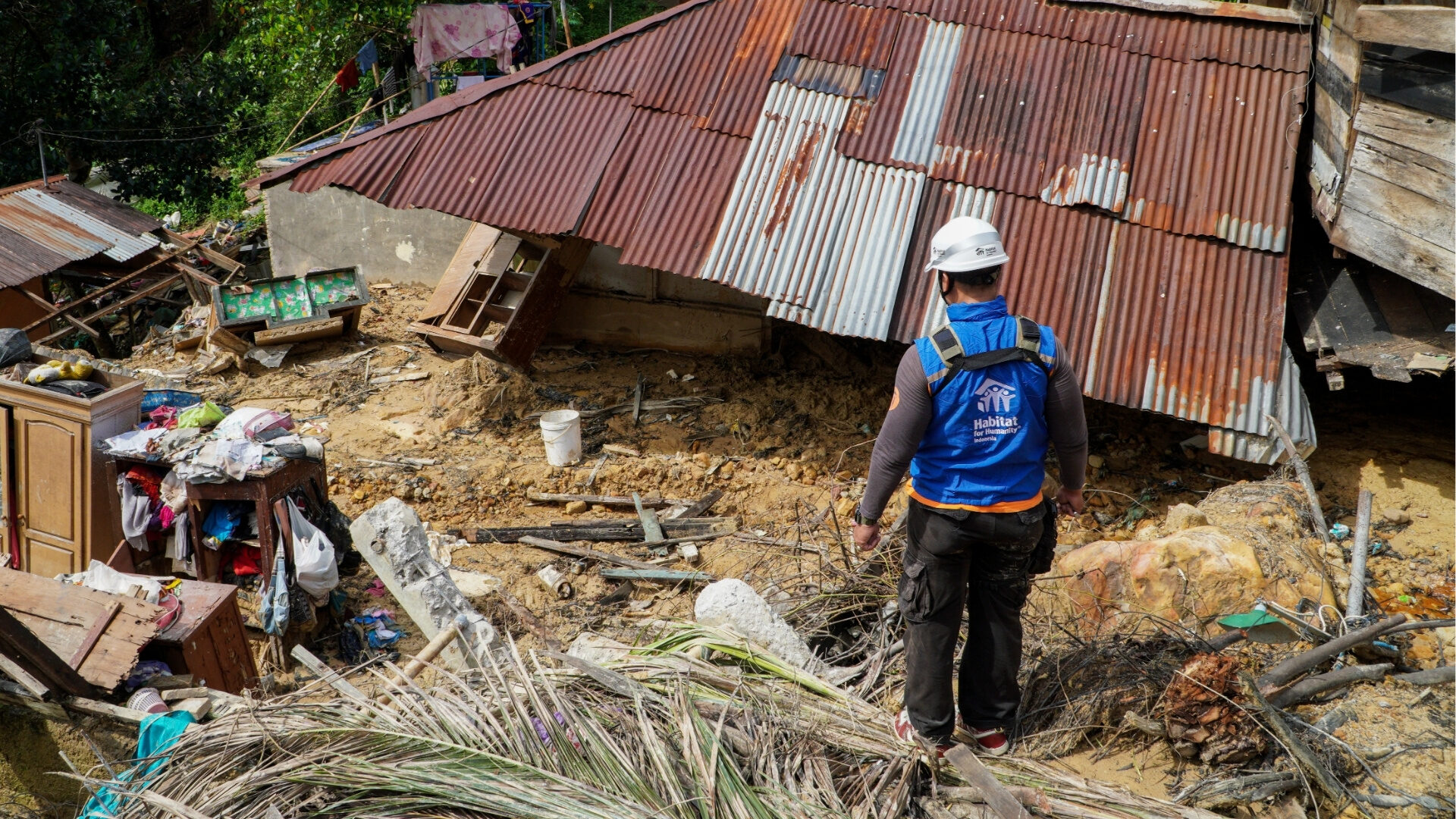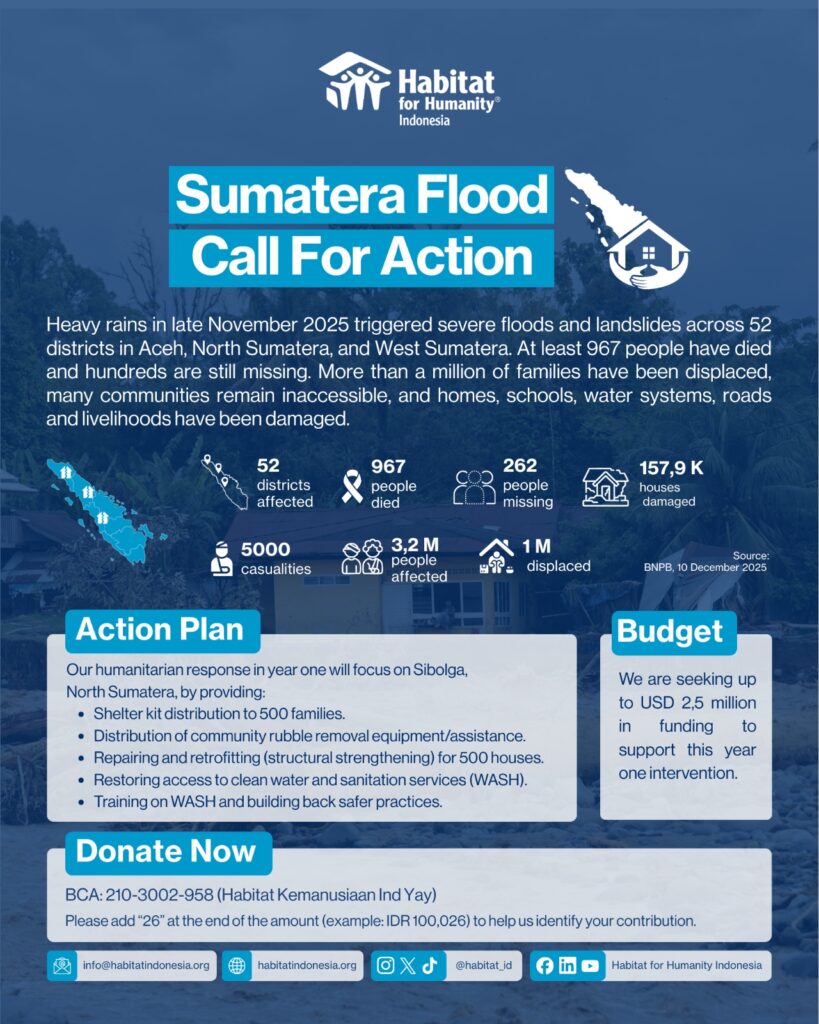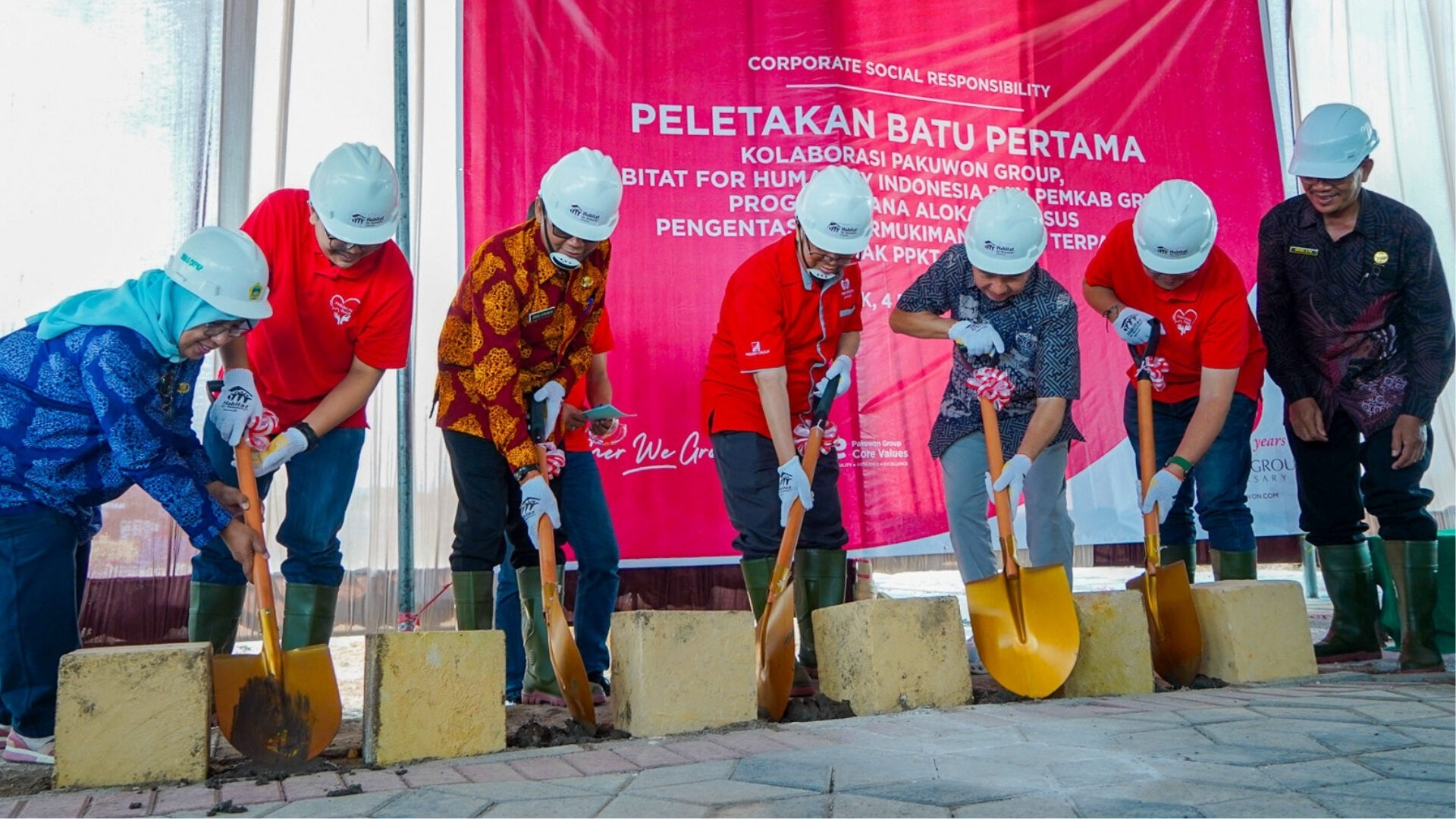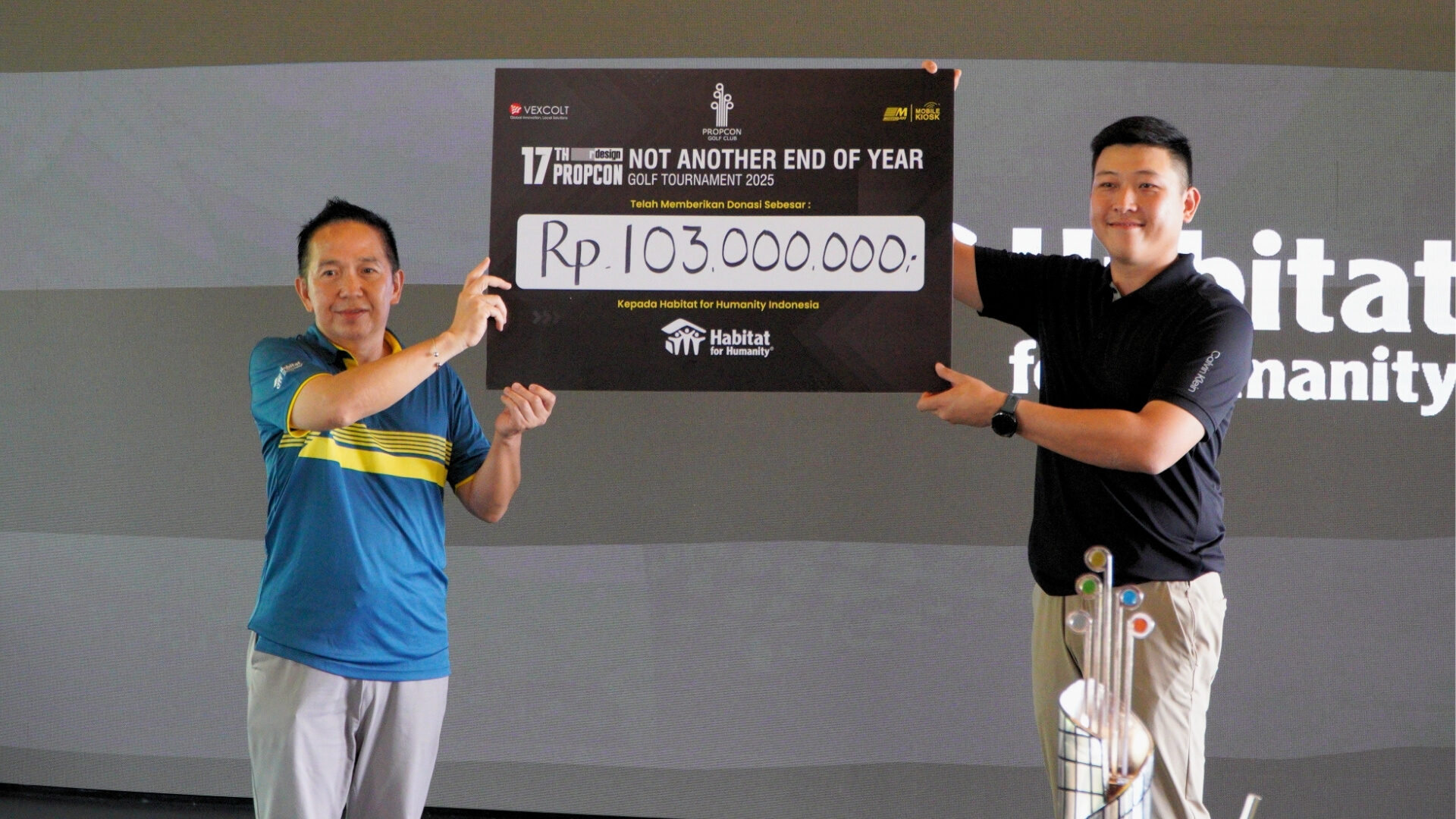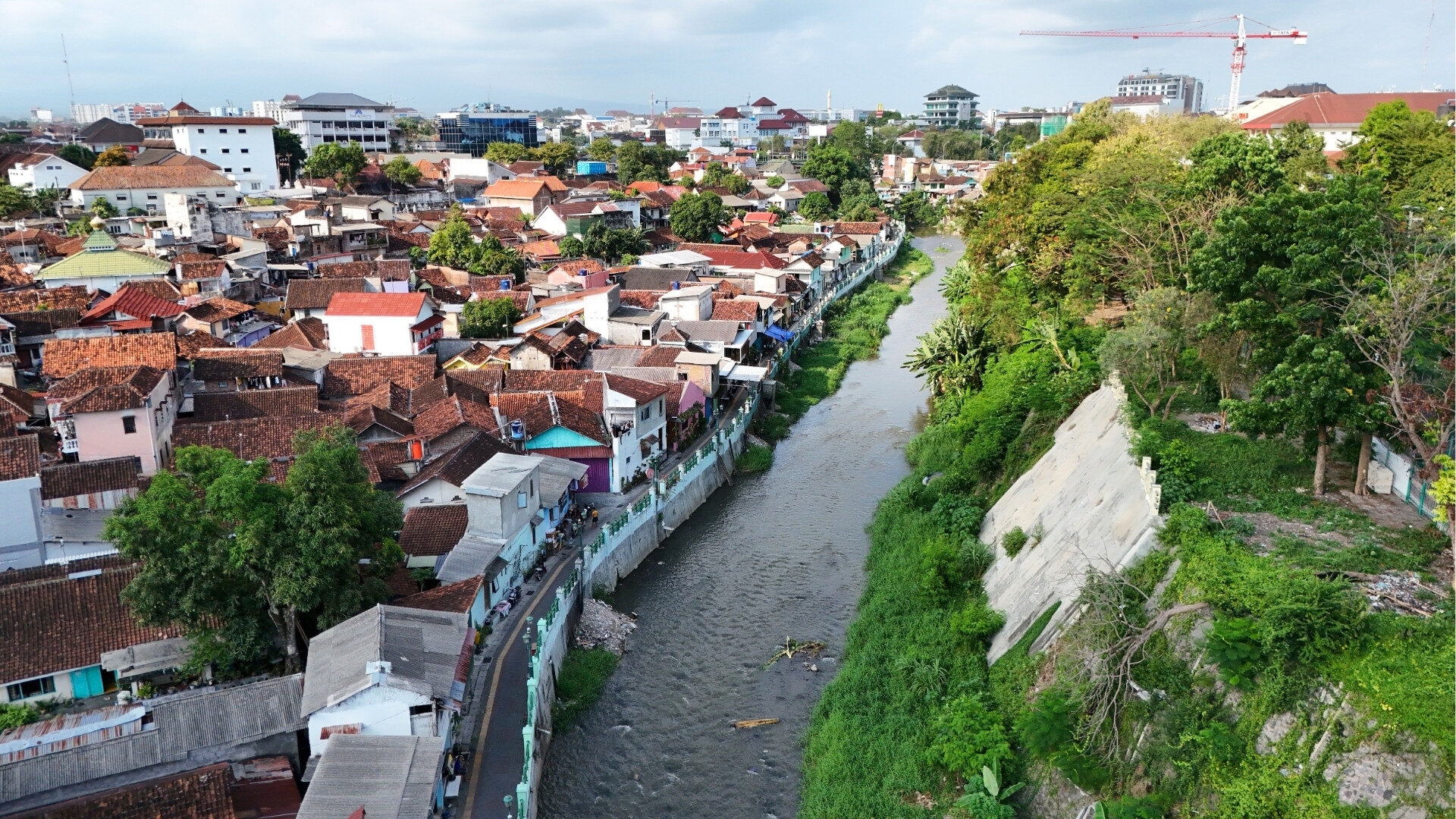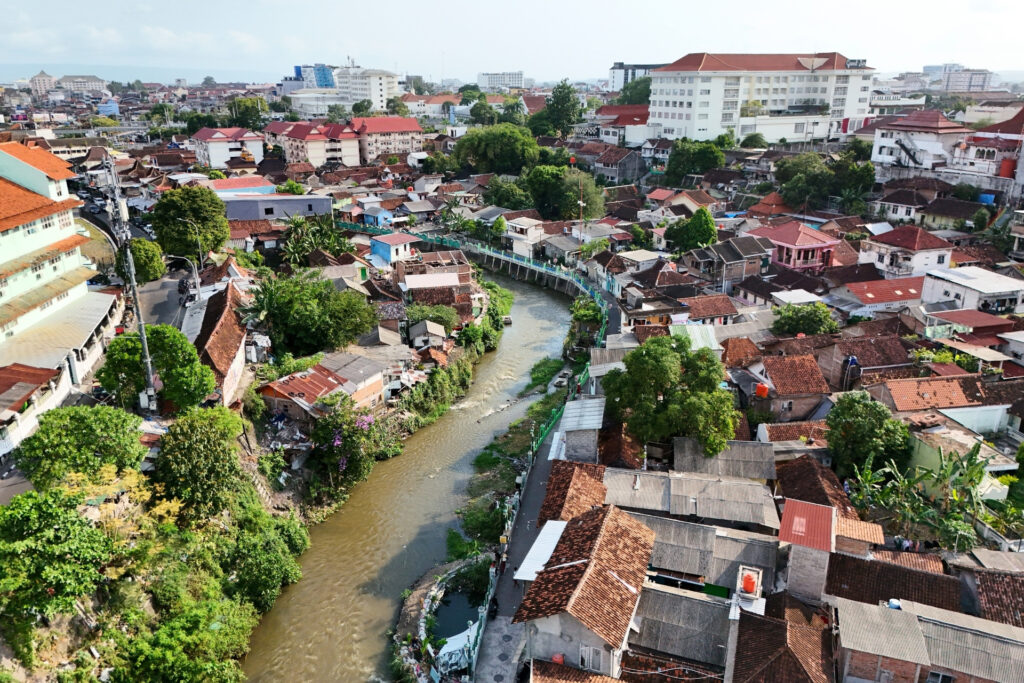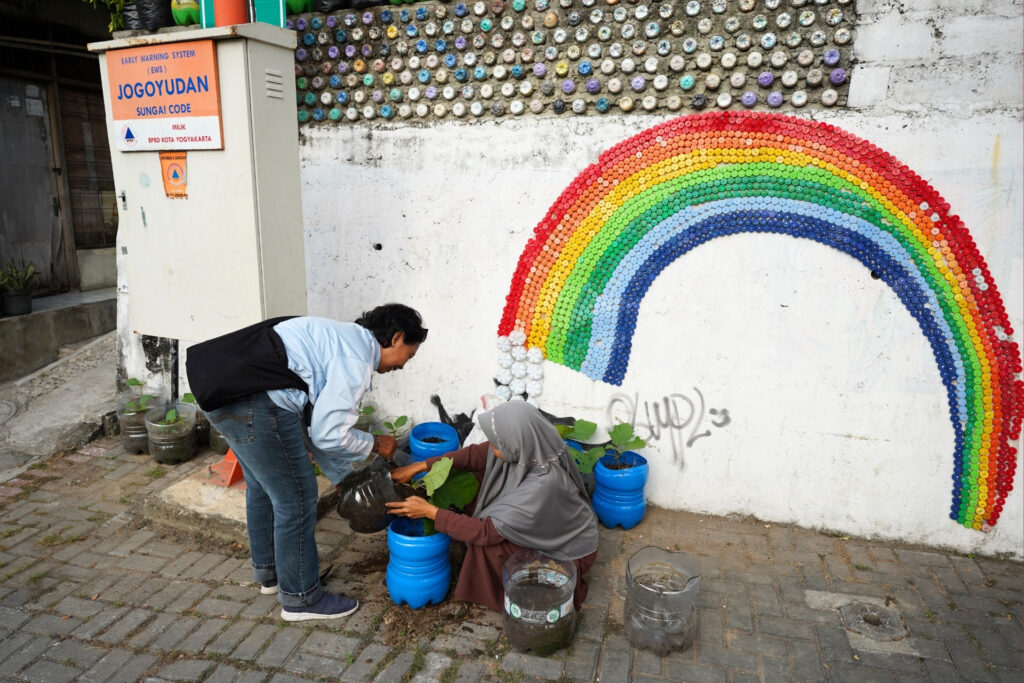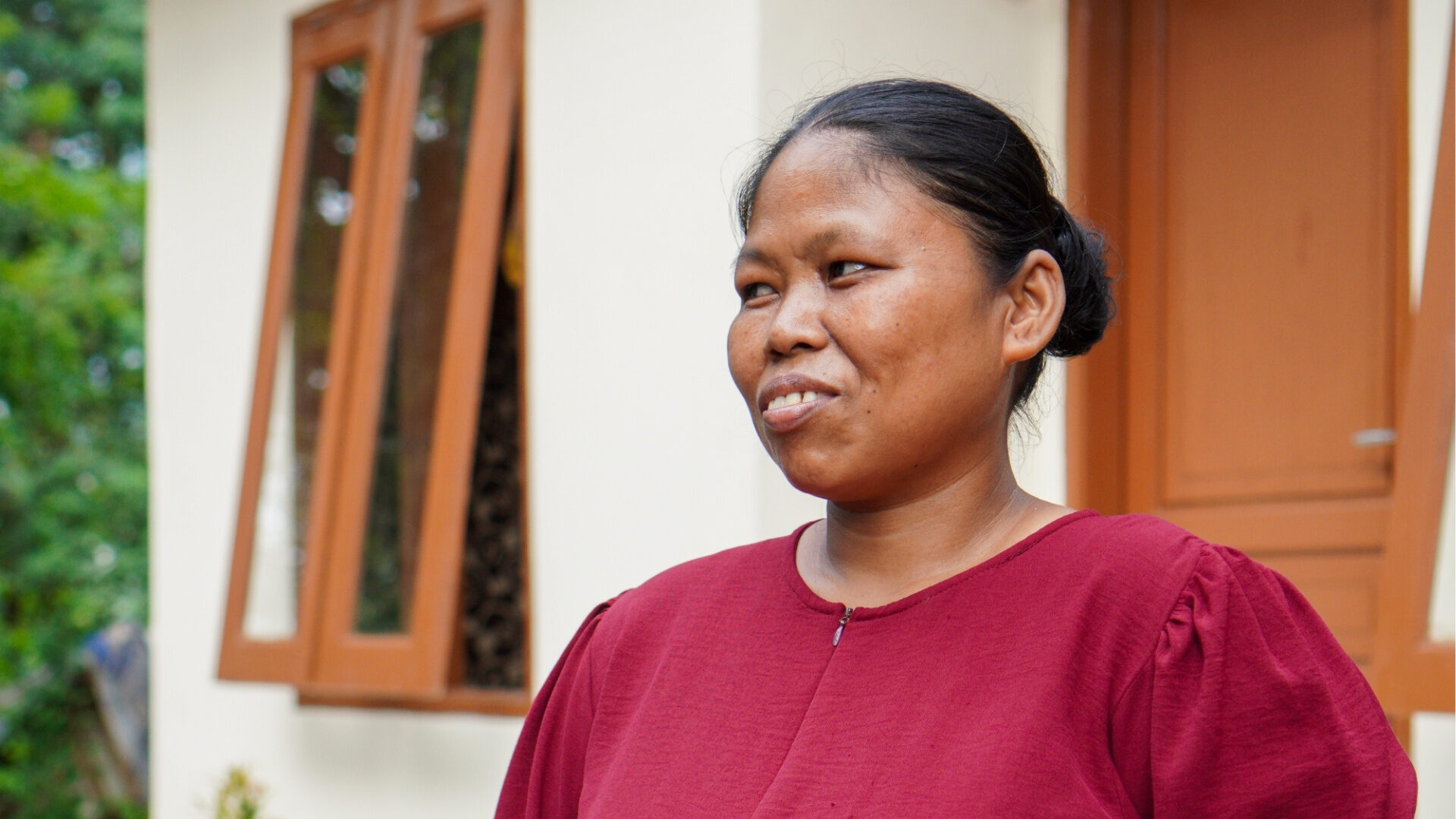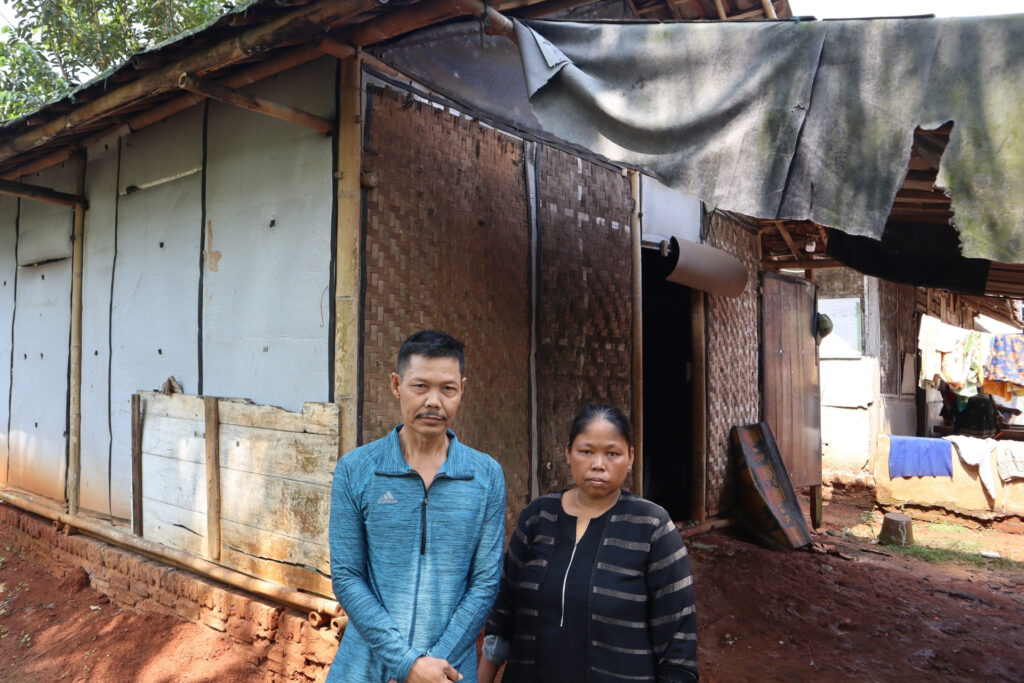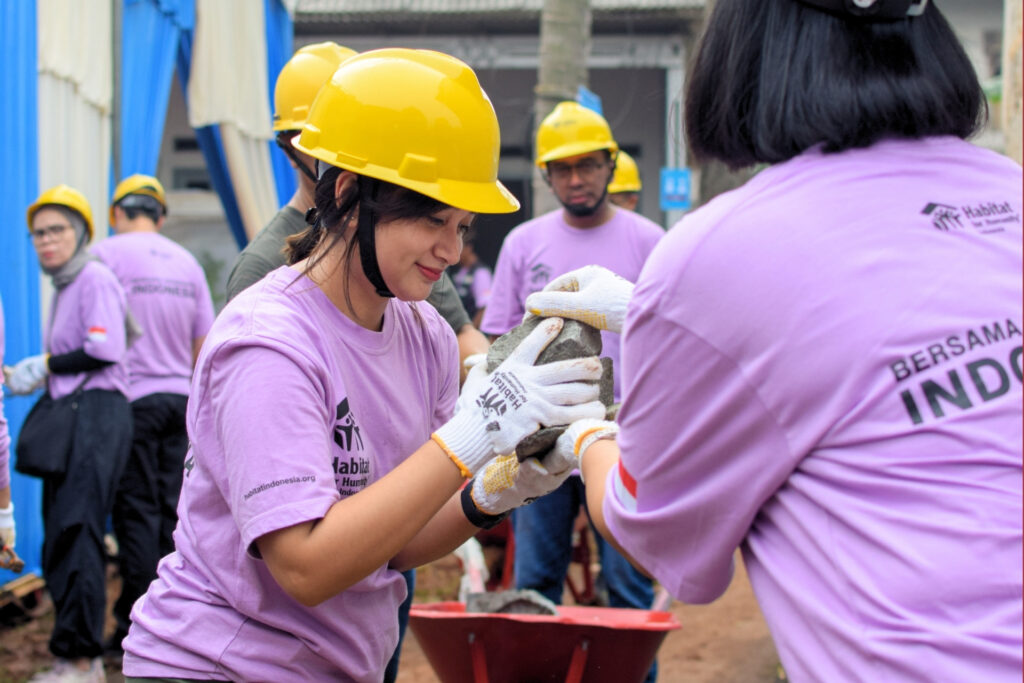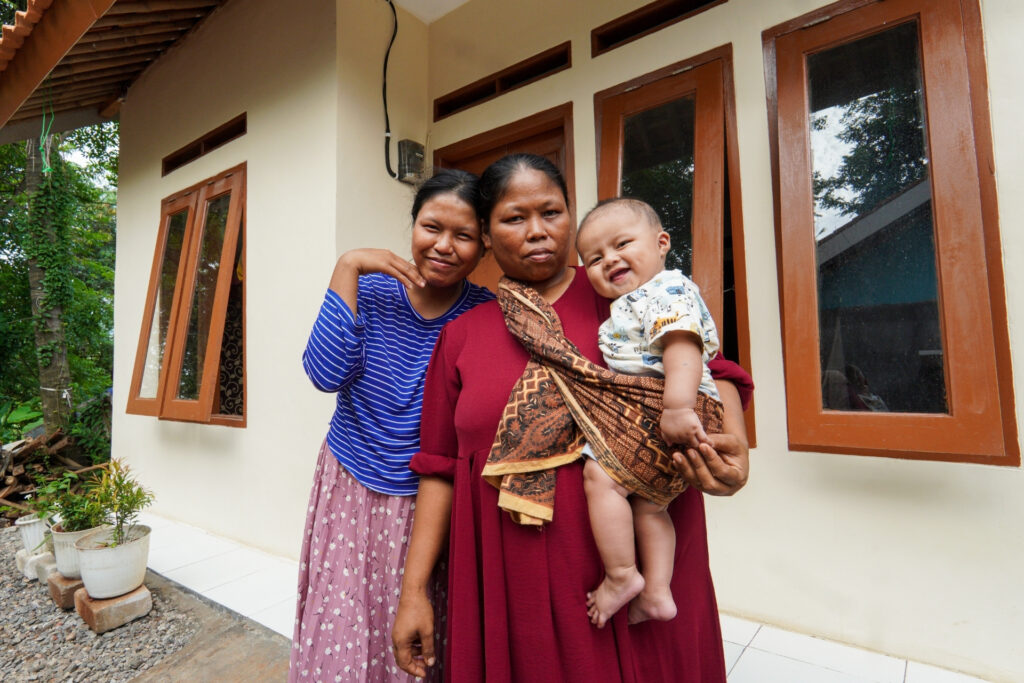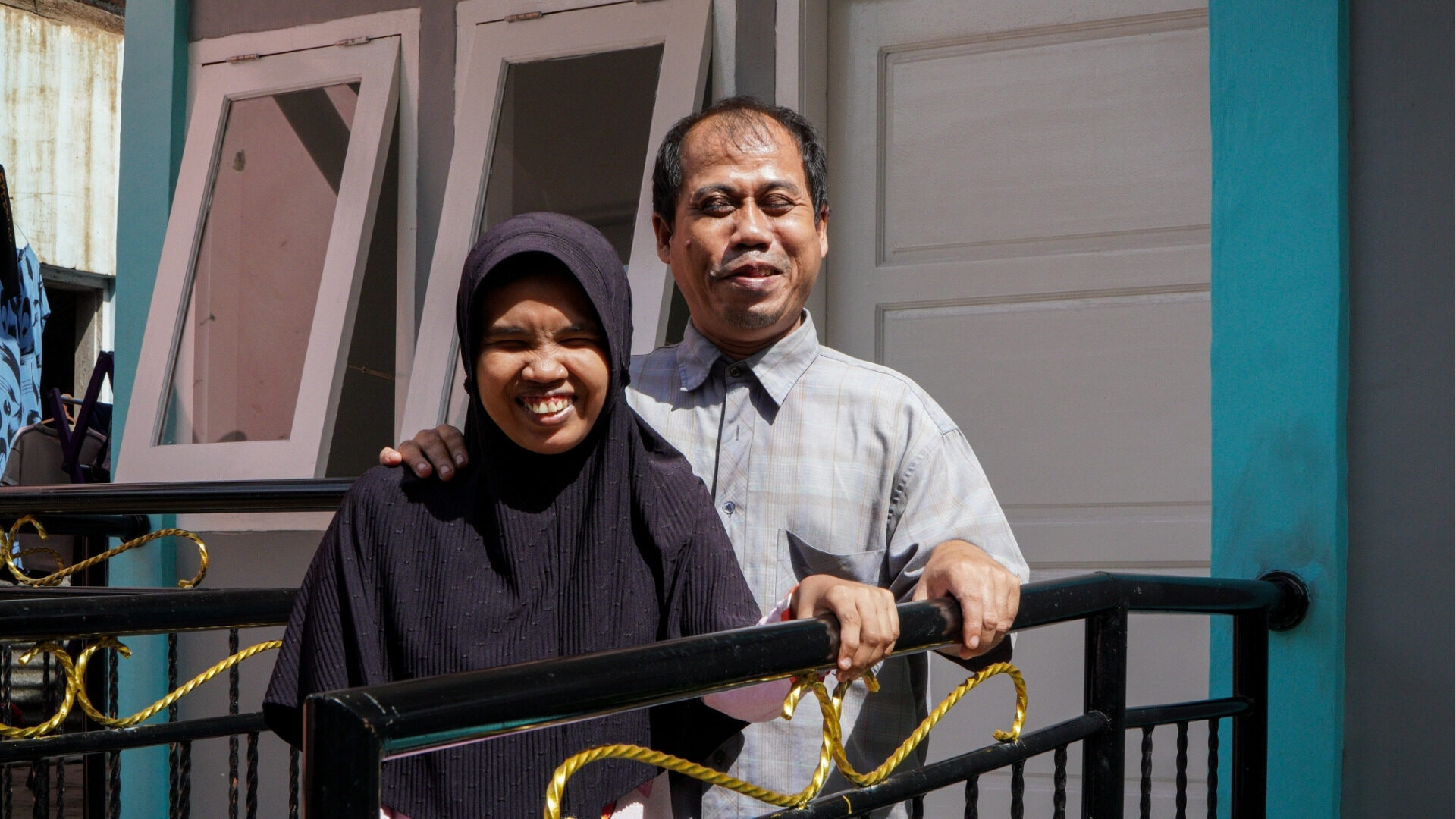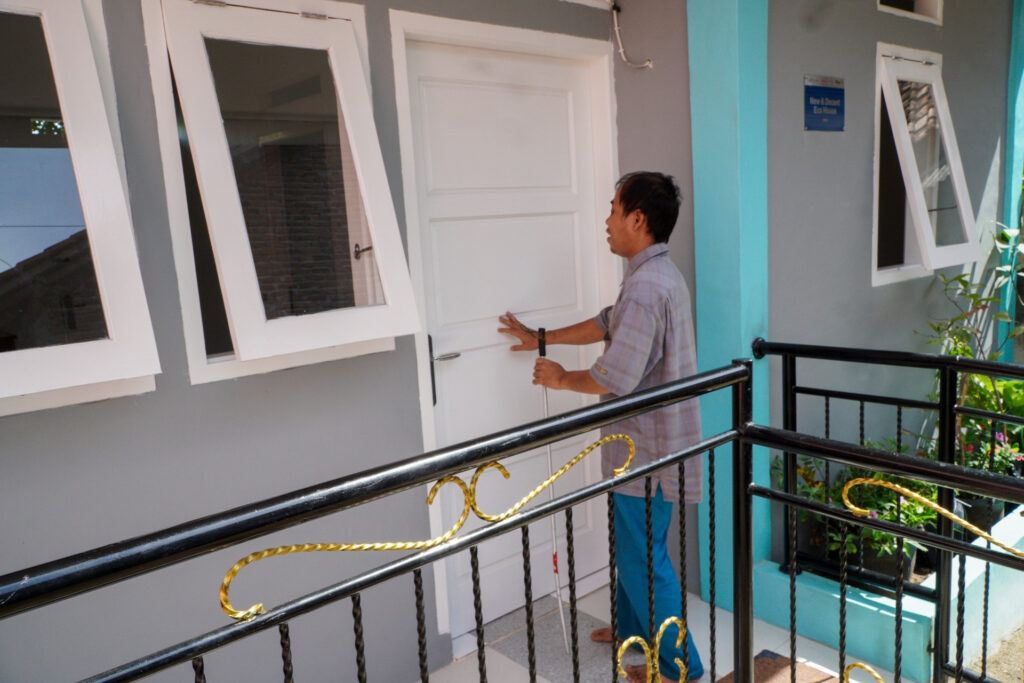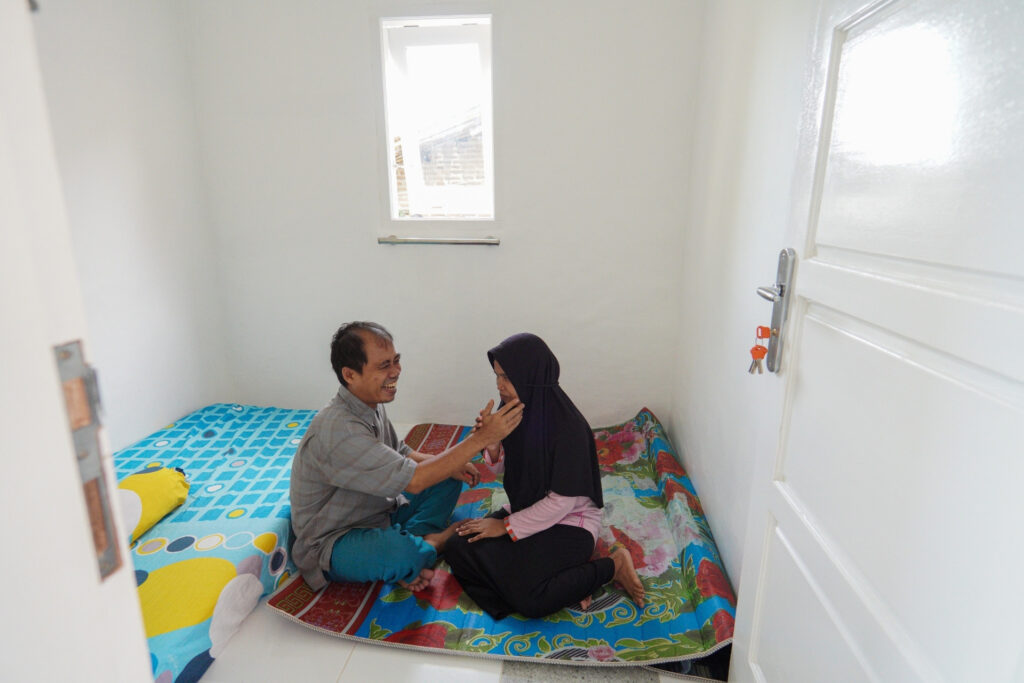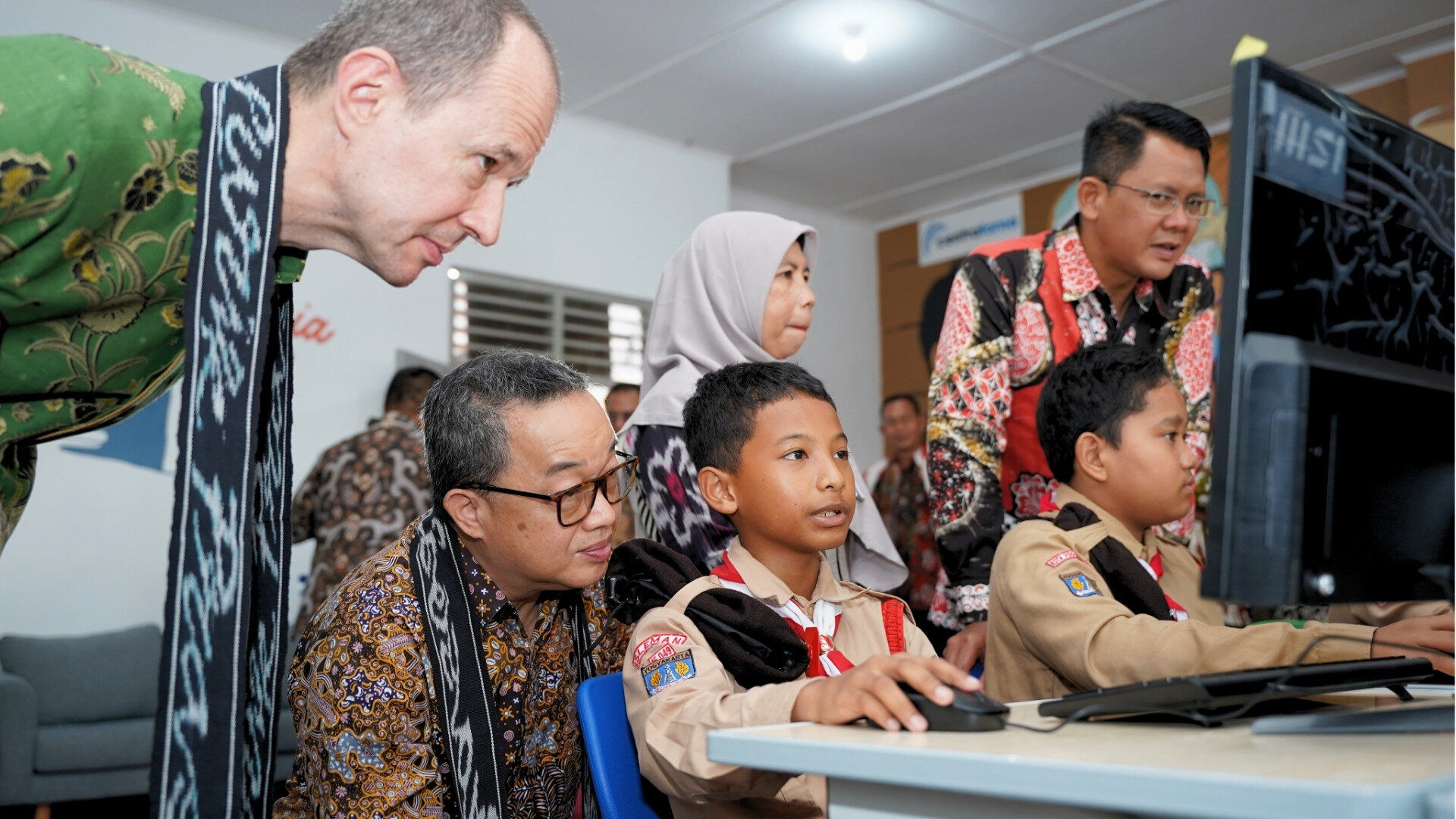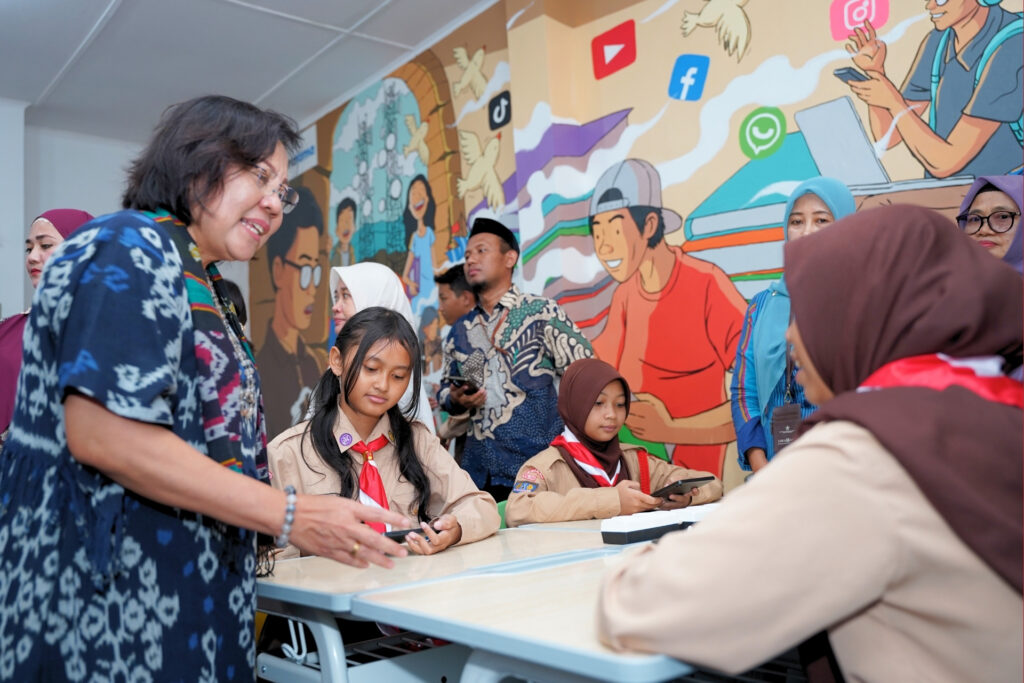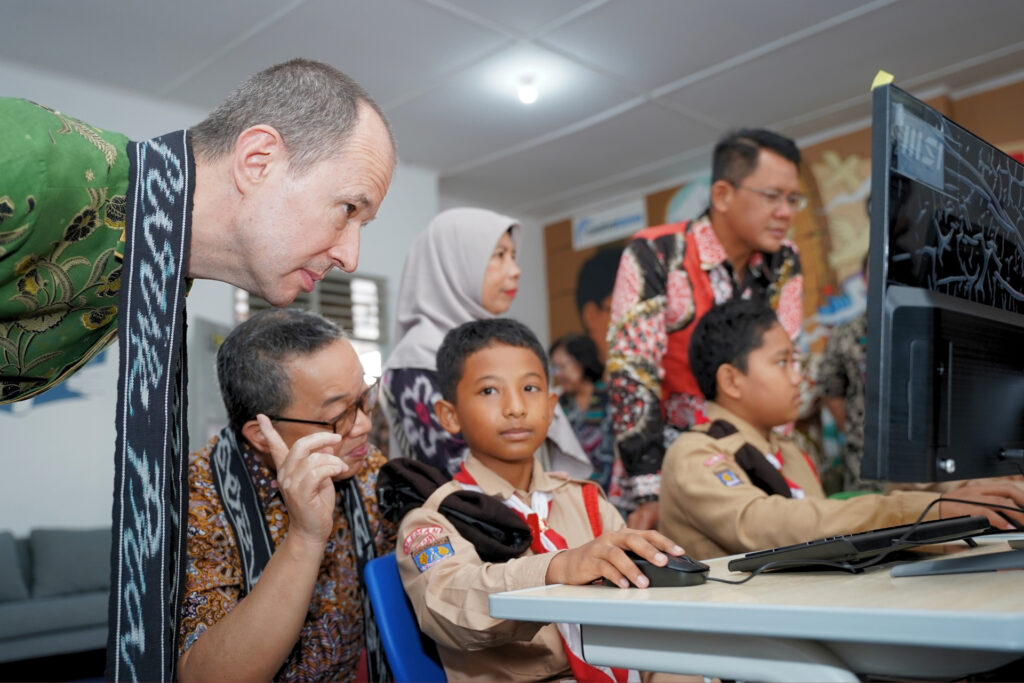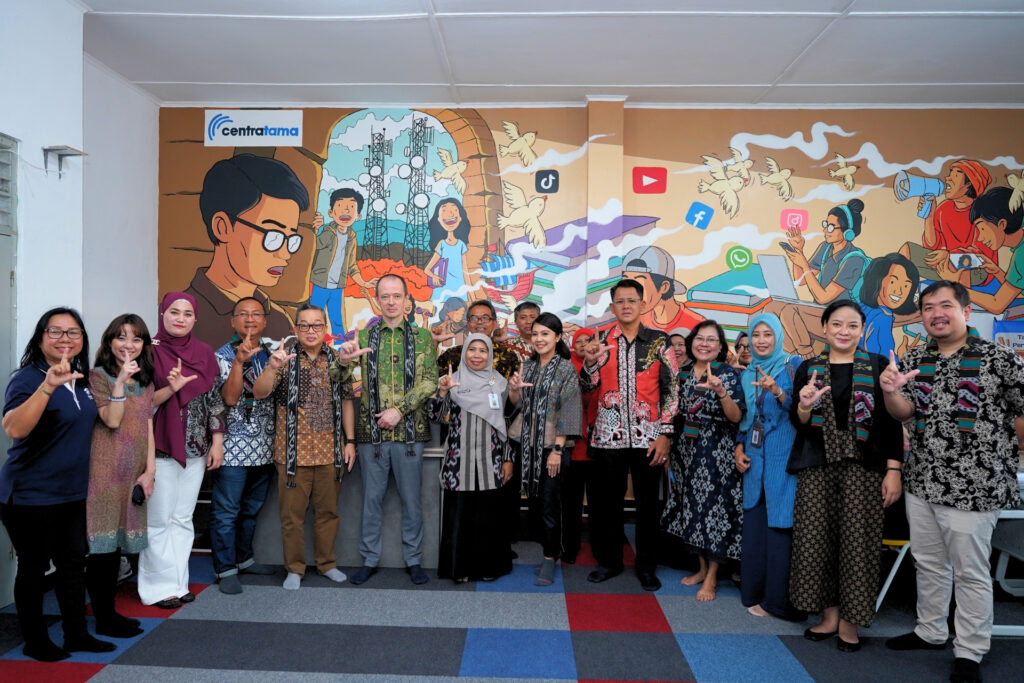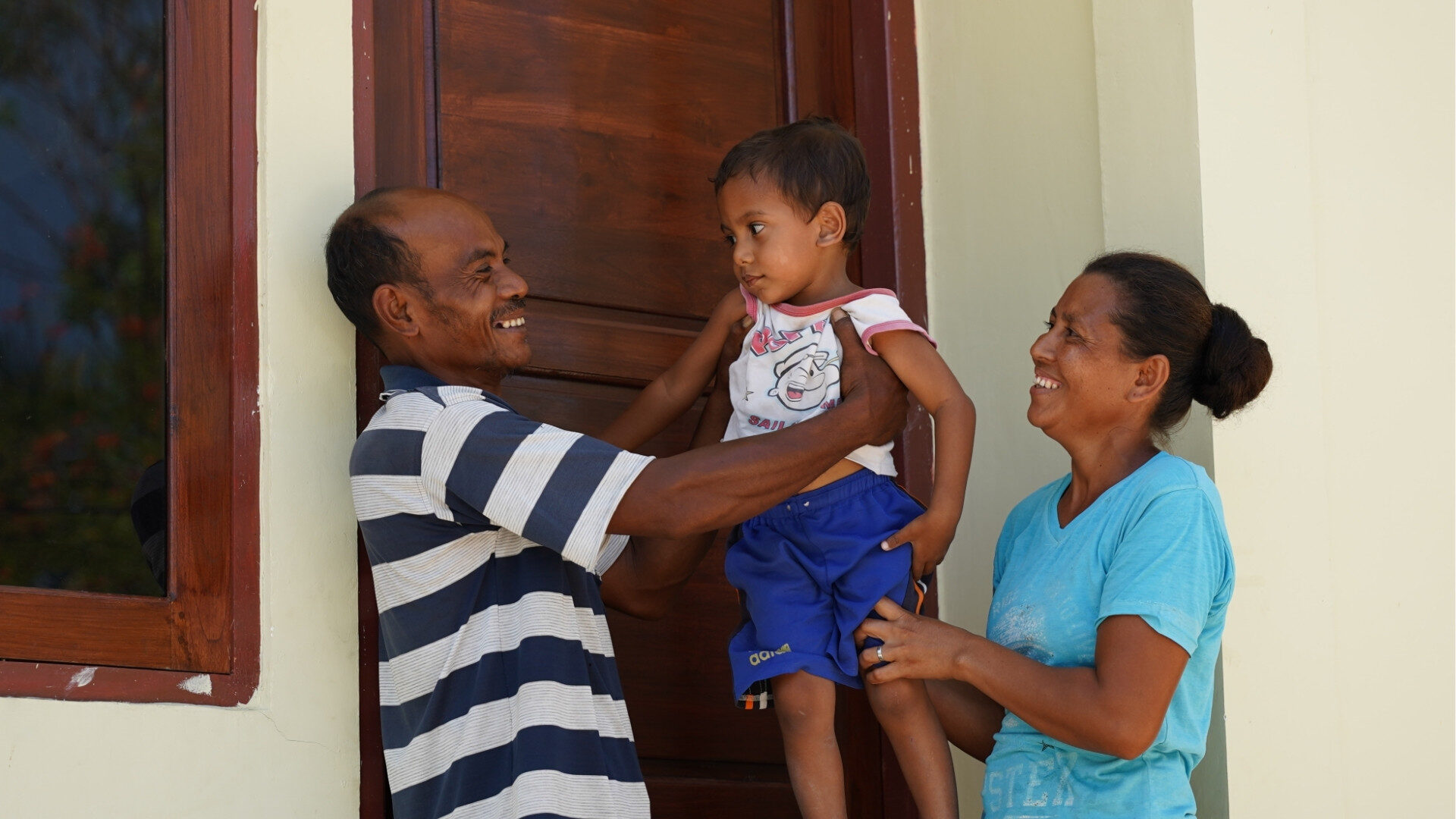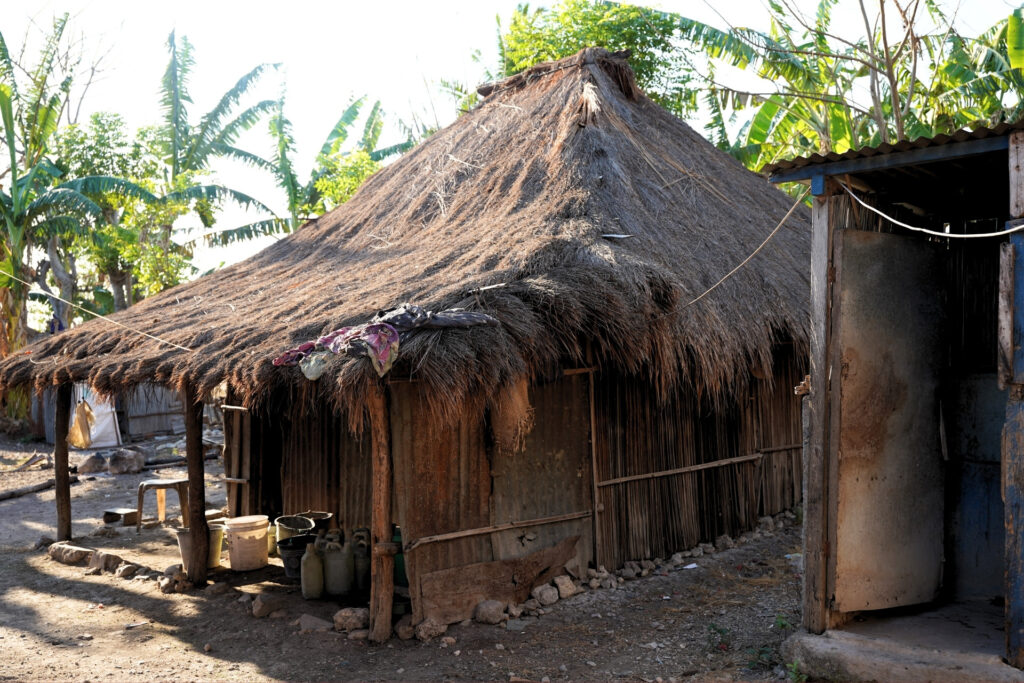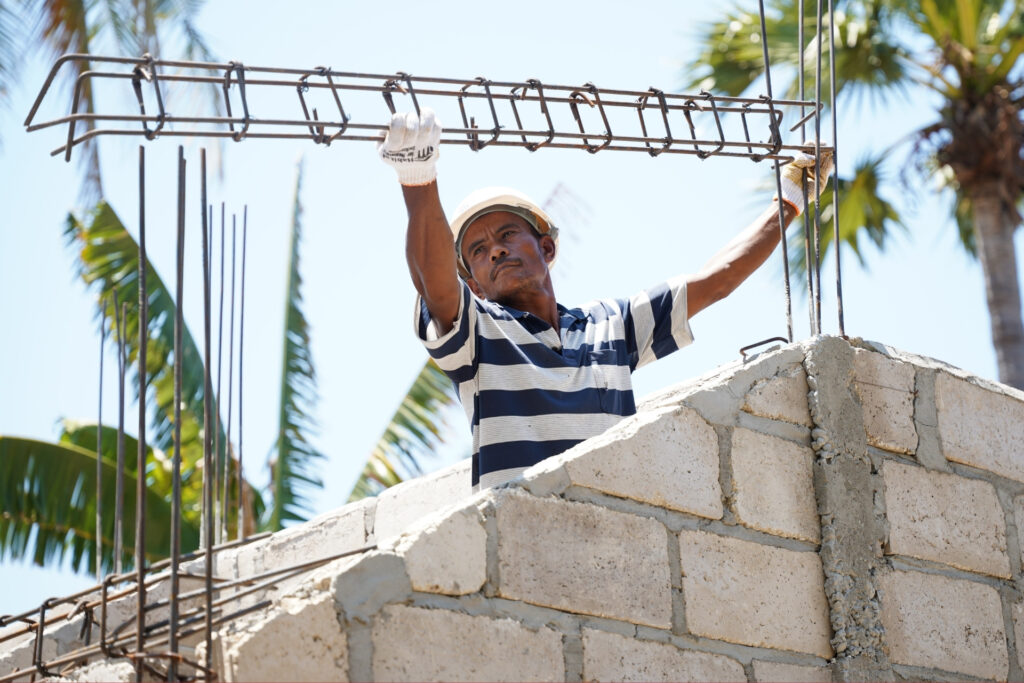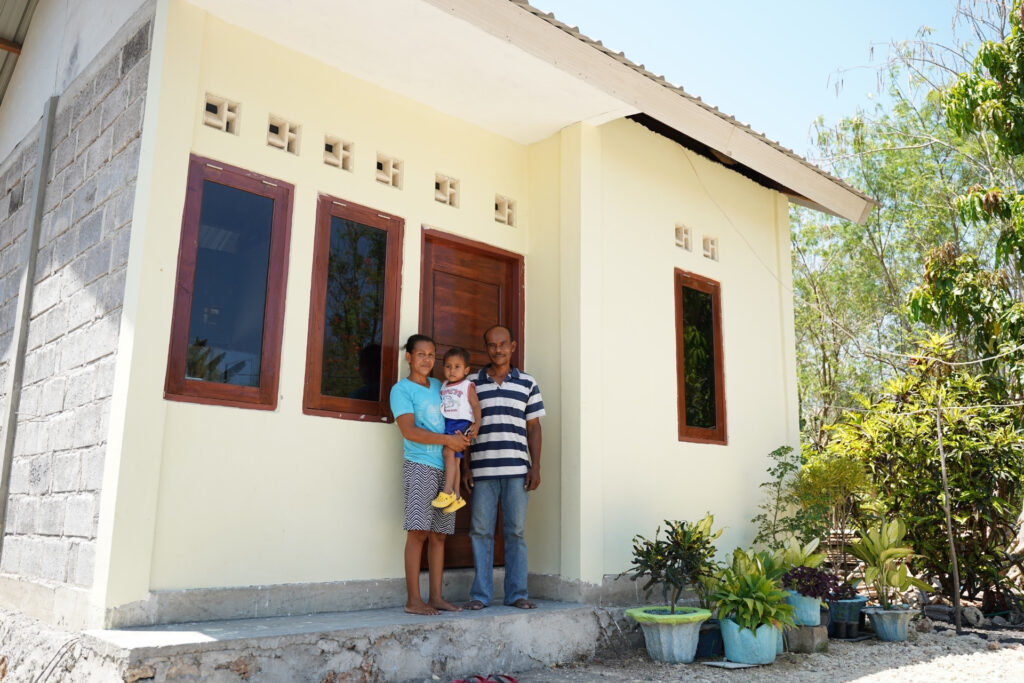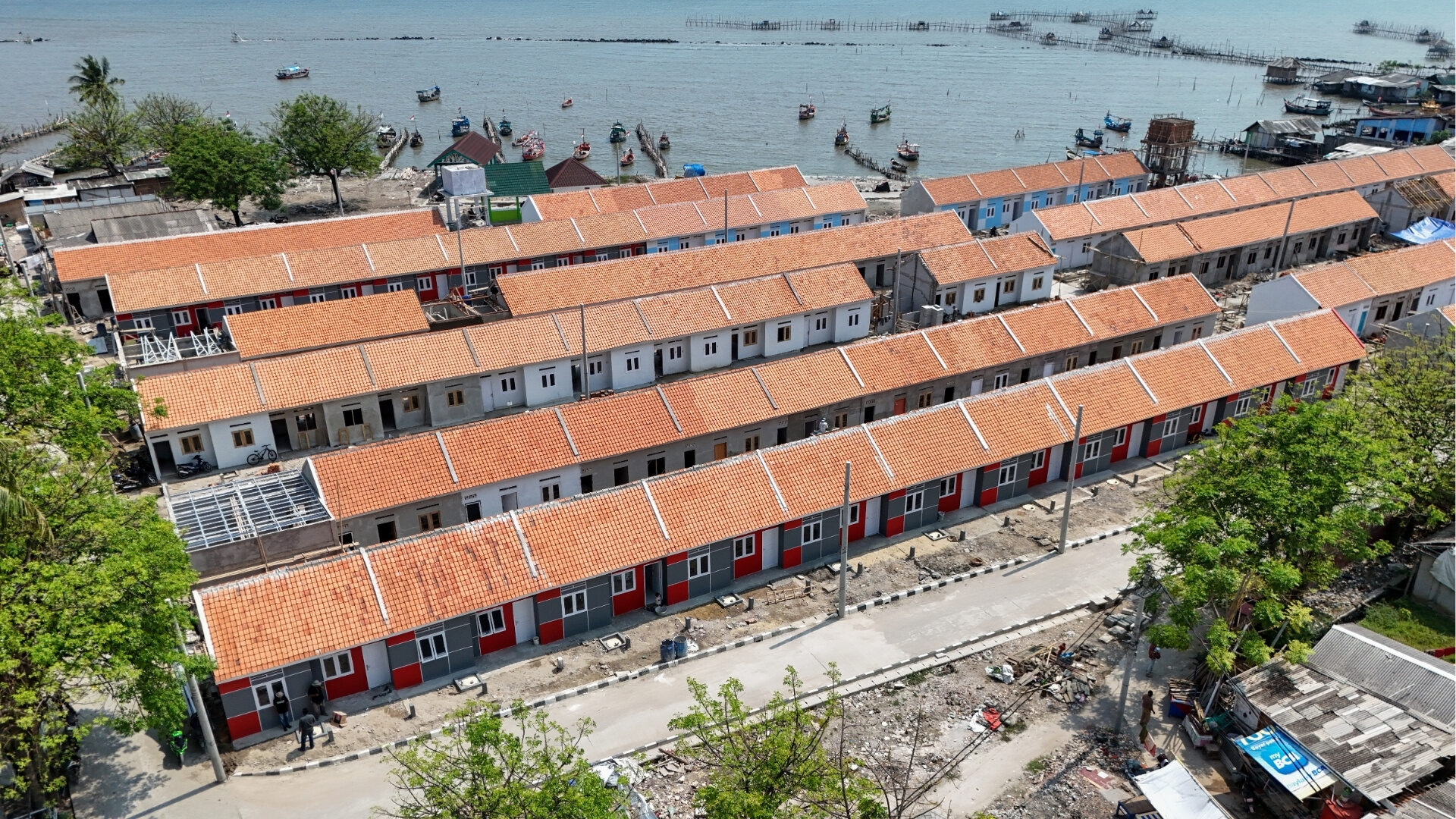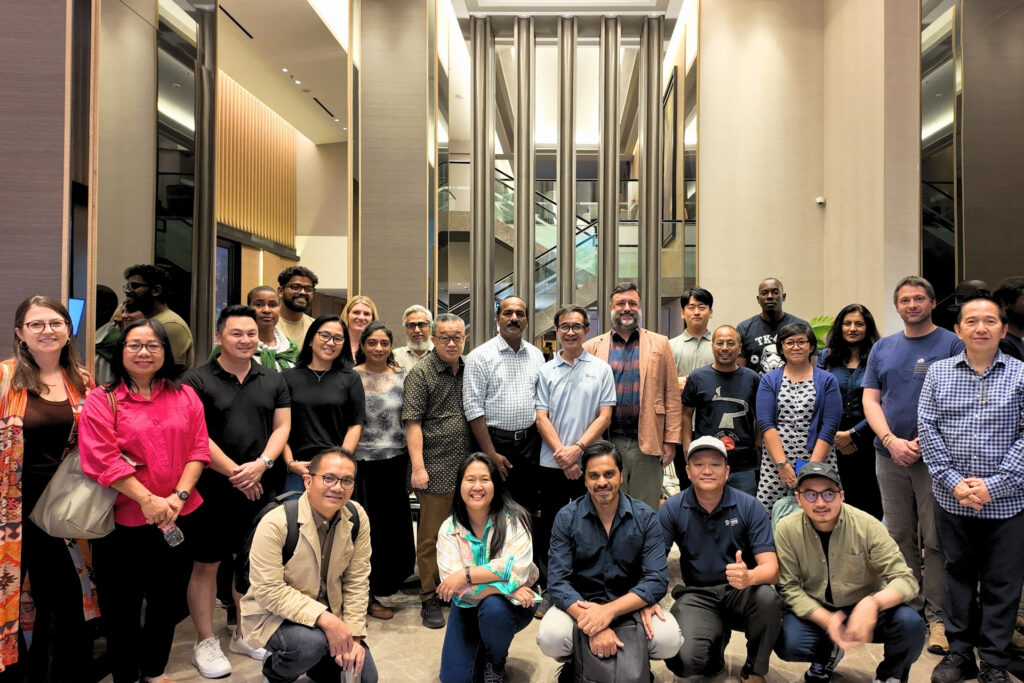Advancing the “Climate-Resilient Housing 2030” Strategy, Habitat for Humanity Indonesia Strengthens Cross-Sector Collaboration
Jakarta, December 23, 2025 – Climate-resilient housing is no longer merely an option, but a national imperative for Indonesia. As one of the most disaster-prone countries in the world, Indonesia faces significant risks, with the Ministry of Health of the Republic of Indonesia, through its Health Crisis Center, reporting that nearly 80% of disasters in the country are hydro-meteorological in nature—including floods, landslides, flash floods, droughts, tornadoes, and coastal storms. These impacts disproportionately affect communities, particularly women living in informal settlements, through compounded health risks and rising living costs caused by drought, increasing temperatures, and sea-level rise.
Boby Wahyu Hernawan, Head of the Climate Change and Multilateral Financing Policy Center at the Fiscal Policy Agency of the Ministry of Finance, stated during a Ministry of Finance media briefing (29 May 2024) that without serious adaptation measures, climate change is projected to cost Indonesia up to 2.87% of its GDP annually by 2045.
In his remarks, Handoko Ngadiman, National Director of Habitat for Humanity Indonesia, emphasized:
“For the Habitat for Humanity family, climate-resilient housing is no longer a choice—it is a necessity. The government’s program to build three million houses per year presents a strategic opportunity to embed resilience principles and climate-adaptive design into national policy. At the same time, we recognize the critical importance of inclusive and flexible financing schemes—such as microfinance and incremental housing upgrades—so that low-income families, female-headed households, and vulnerable groups are not left behind. Inclusive financing is also essential to support climate-adaptive home improvements.”
Strategic Collaboration and Policy Alignment
The workshop, moderated by Dr. Saut Sagala (Global Resilience Specialist at RDI and Associate Professor at the Bandung Institute of Technology/ITB), brought together experts from various institutions to align climate adaptation policies. Based on the collective brainstorming, the workshop identified several Key Findings:
- Climate resilience in the housing sector has been mandated within the RPJPN–RPJMN framework and is interconnected with water, sanitation, and spatial planning sectors, extending down to the household level.
- Implementation at the ground level remains inconsistent, despite housing being a core component of the national adaptation agenda.
- Locally driven “passive cooling” designs—such as those developed through studies in Wunung Village, Gunungkidul Regency—have proven effective in improving indoor air quality and thermal comfort.
Ira Lubis, ST., MIDP, Coordinator for the Housing Sector at the Ministry of National Development Planning (Kementerian PPN/Bappenas), underscored the importance of policy integration, stating:
“The national housing development program represents a unique opportunity to integrate climate-adaptive design into government policy. We must ensure the presence of enabling frameworks and regulations that support affordability for low-income communities, so that the target of providing adequate and resilient housing by 2030 can be achieved.”
Khairunnisa Destyany Qatrunnada, S.Si., Expert Staff of the Directorate of Climate Change Adaptation representing the Director of Climate Change Adaptation at the Ministry of Environment, added on mitigation and adaptation aspects:
“Adapting buildings to climate change and reducing emissions are mutually reinforcing objectives. We support technical measures such as the use of low-carbon materials and improved drainage systems to maintain community cohesion by enabling people to remain in their original locations.”
In addition, Prof. Ir. Suparwoko, MURP., Ph.D. (Universitas Islam Indonesia), highlighted the importance of contextual and practical technical guidelines for climate-adaptive housing tailored to low-income communities.
Financing Ecosystems and the Circular Economy
The workshop also explored financial innovation with Tadianto Slamet Saputro from Komida, who emphasized the importance of designing resilience indicators in a phased manner to ensure that housing upgrades remain affordable for low-income communities. Meanwhile, Novita Tan, Co-founder and CEO of Rebricks, presented the potential of circular economy approaches in the construction sector to reduce climate risks while simultaneously stimulating local economic activity.
Key Workshop Recommendations
As an outcome of the in-depth discussions, Habitat for Humanity Indonesia summarized the following recommendations:
- Evidence-Based Approaches: Prioritizing evidence-based design through pre- and post-intervention measurements in low-income housing programs.
- Community Inclusion: Prioritizing interventions that utilize local materials and strengthen the capacity of local builders through targeted training.
- Pilot Projects: Implementing pilot studies to test the effectiveness of technical guidelines across diverse regions, particularly in disaster-prone areas.
Habitat for Humanity Indonesia hopes that the outcomes of this workshop will serve as a foundation for long-term collaboration through Public–Private Partnership (PPP) schemes to realize climate-resilient housing for Indonesia’s future.
(av/as)
